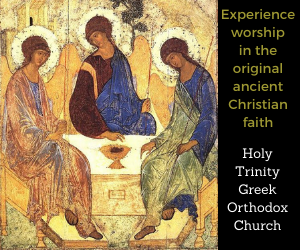Recent Comments
Giant Squirrel on FāVS Religion News Roundup: April 11
Giant Squirrel on Sociologist’s new book explains why organized religion has lost relevancy
Giant Squirrel on Let our better ‘ships’ rise with us
Giant Squirrel on Moscow LDS presents free interfaith Easter concert Palm Sunday
Giant Squirrel on Washington clergy now mandated reporters of child abuse
Giant Squirrel on At St. Gertrude the Paschal flame ignites a deeper faith
Homeless shelter opens at Knox Presbyterian for women in need #news

Homeless shelter opens at Knox Presbyterian for women in need #news
FāVS.News: A new women-only homeless shelter opened at Knox ...

Decline in Christianity challenges Spokane churches to reimagine spiritual engagement

‘El Puente’ DJ blends music, interviews and resources to build bridge to Spokane Latinos #news
Every Monday afternoon, Rafael Zamora sits in front of a console at a ...

Atheist Report: Religious Influence in Schools Grow in Pacific Northwest #nonreligious #secular
FāVS.News - Atheist Report: Religious Influence in Schools Grow in ...

Spokane faith leaders reflect on COVID lockdown 5 years later: ‘We came out stronger’ #covidlockdown
FāVS.News - Spokane faith leaders reflect on COVID lockdown 5 years ...
Sponsored Posts












